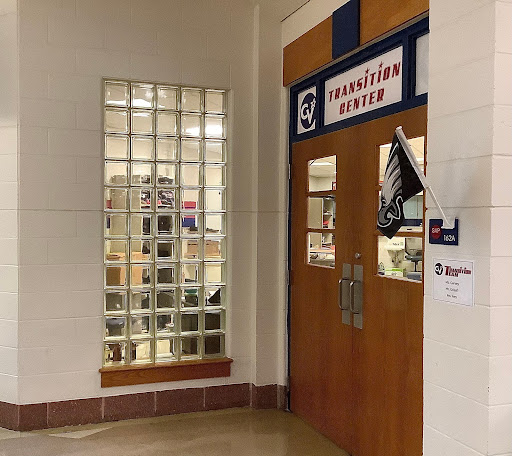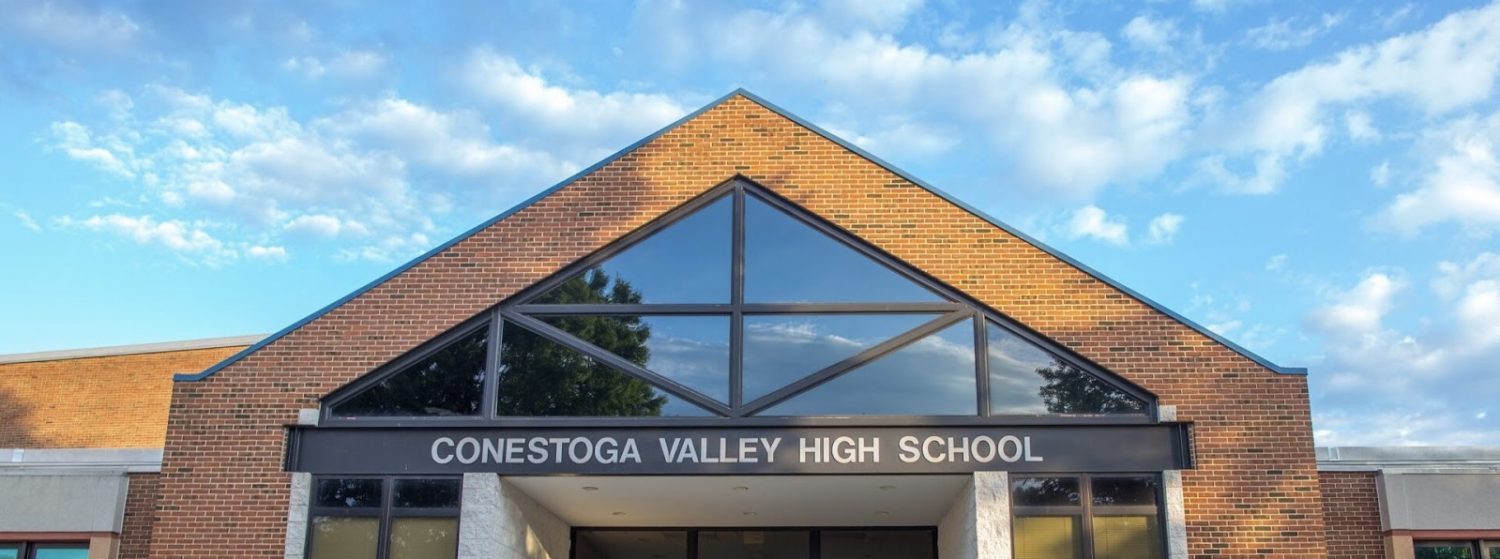
By Riley Hazle ‘26
The CV Transition Team has been working for years to give students with IEPs and other special support needs community-based opportunities. They bring students out of the building for volunteer or paid work to aid them in learning skills for post-secondary jobs.
The students are brought to companies all around Lancaster, PA to get accustomed to the work environment of real-life jobs. This allows them to accumulate hard and soft skills required for the workforce, including showing up on time, communication skills, and professionalism. These opportunities are not considered field trips. The students are treated as “employees” for a marking period, and are excused from their classes to go to the opportunity as a weekly commitment.
There are multiple companies that this program works with. This would include the AmishView Inn & Suites, Power Packs, Grocery Outlet, All Size Supply Co., Oak Leaf Manor, Rijuice, Smokehouse BBQ & Brews, and Miller’s Smorgasbord. At for-profit business locations, IU13 Job Training Services program signs a sponsorship agreement with the company. While participating, students receive a bi-weekly check as an incentive for their hours worked.
According to the Conestoga Valley School District website, “The mission of the Transition Program is to provide students with educational supports, services, and activities in the school building and in our community that will assist them on their journey to achieve goals in the areas of competitive employment, postsecondary education/training, and independent living.”
The Transition Center began that mission in the 2020-2021 school year. This made the start-up difficult due to the pandemic during that time. Companies didn’t want to let anyone new into their space, especially students when they didn’t know who they’ve been in contact with. That gave them the ability to start slow, though, which ended up being a good thing in the end. It is much easier for them to find more opportunities now since they are already known within the community.
Other opportunities that the Transition Team helps provide consist of the school Freight Farm, which is open for all students to offer their help, as well as work inside of the”Community Cafe.” They prepare salad, sandwiches, wraps, and other things as a safe, manageable first step before they go outside into the community. Students also run a breakfast cart once a week so that teachers can buy coffees and other things from them, allowing them more practice with serving.
“In school, we often focus so heavily on just the pure academics and preparing kids for college. Not everyone should go to college, not everyone can go to college. We needed a program for kids with different skill sets and needs.” Mr. Joseph Grisafi, Transition Programming Teacher, said when asked about the Transition Center.
The community-based learning also helps the students get connected to jobs right out of high school. Since they would already display their work ethic, the companies would be more willing to hire students later if they did a good job in the practice. It offers a more real-life experience to learn from, what Mr. Grisafi called “experiential learning.”
This program helps students with special support needs gain more confidence in working instead of being tossed out of the nest without warning. It keeps students from being stuck in bad situations once they graduate from high school. “Yes. It helps a lot,” senior Katelyn Stringer said before heading off to work at Power Packs for the first time in the marking period.
